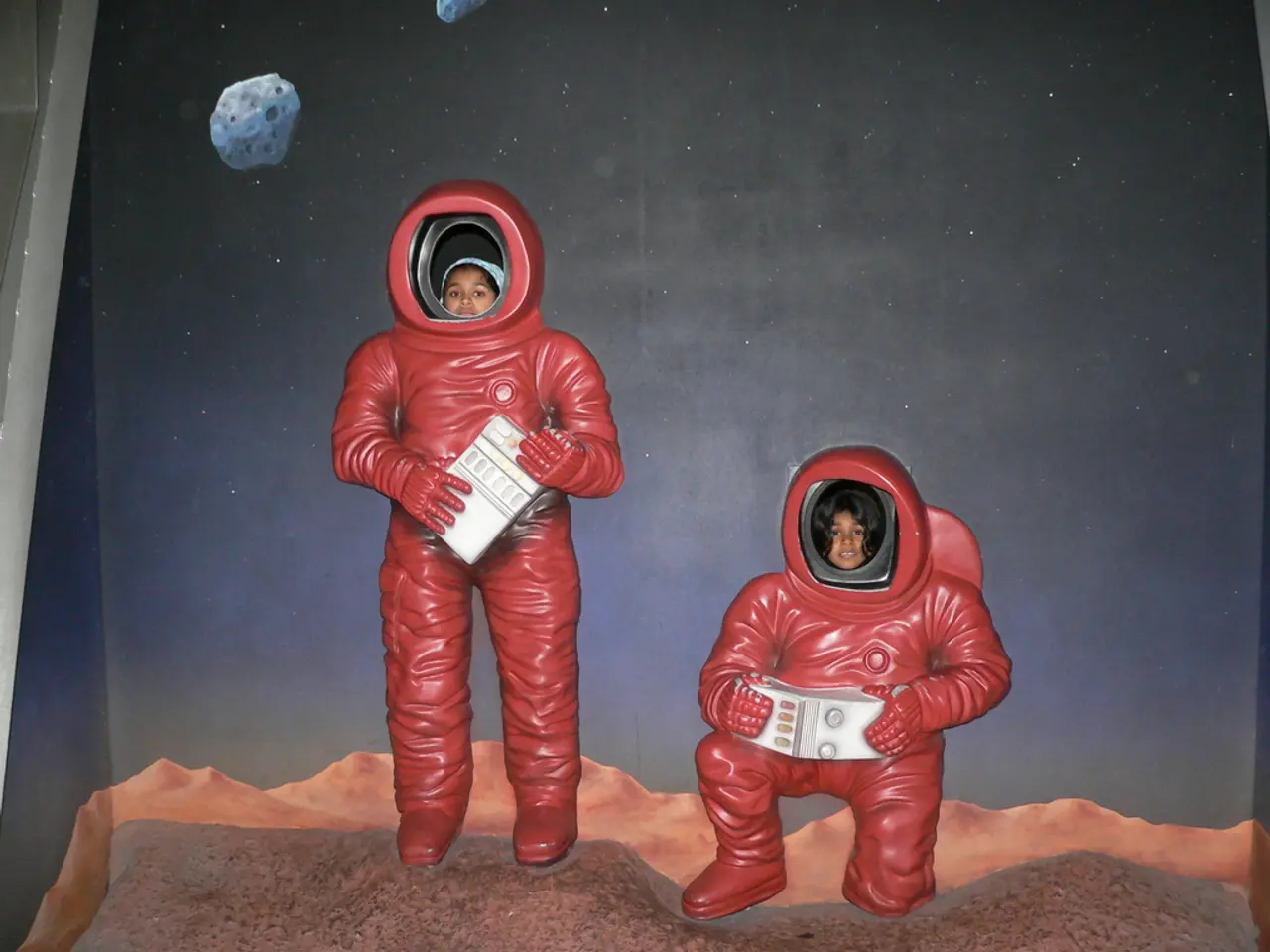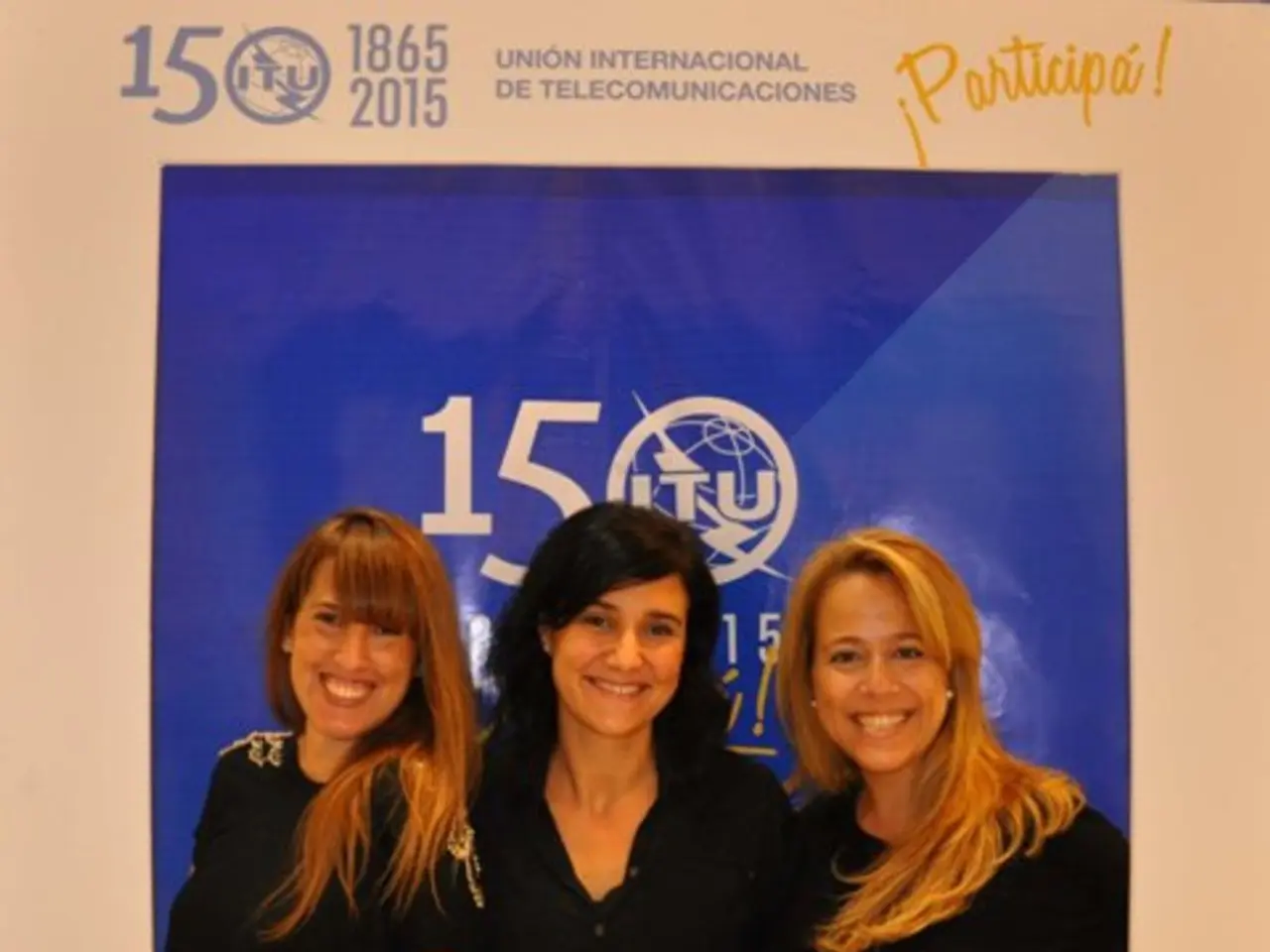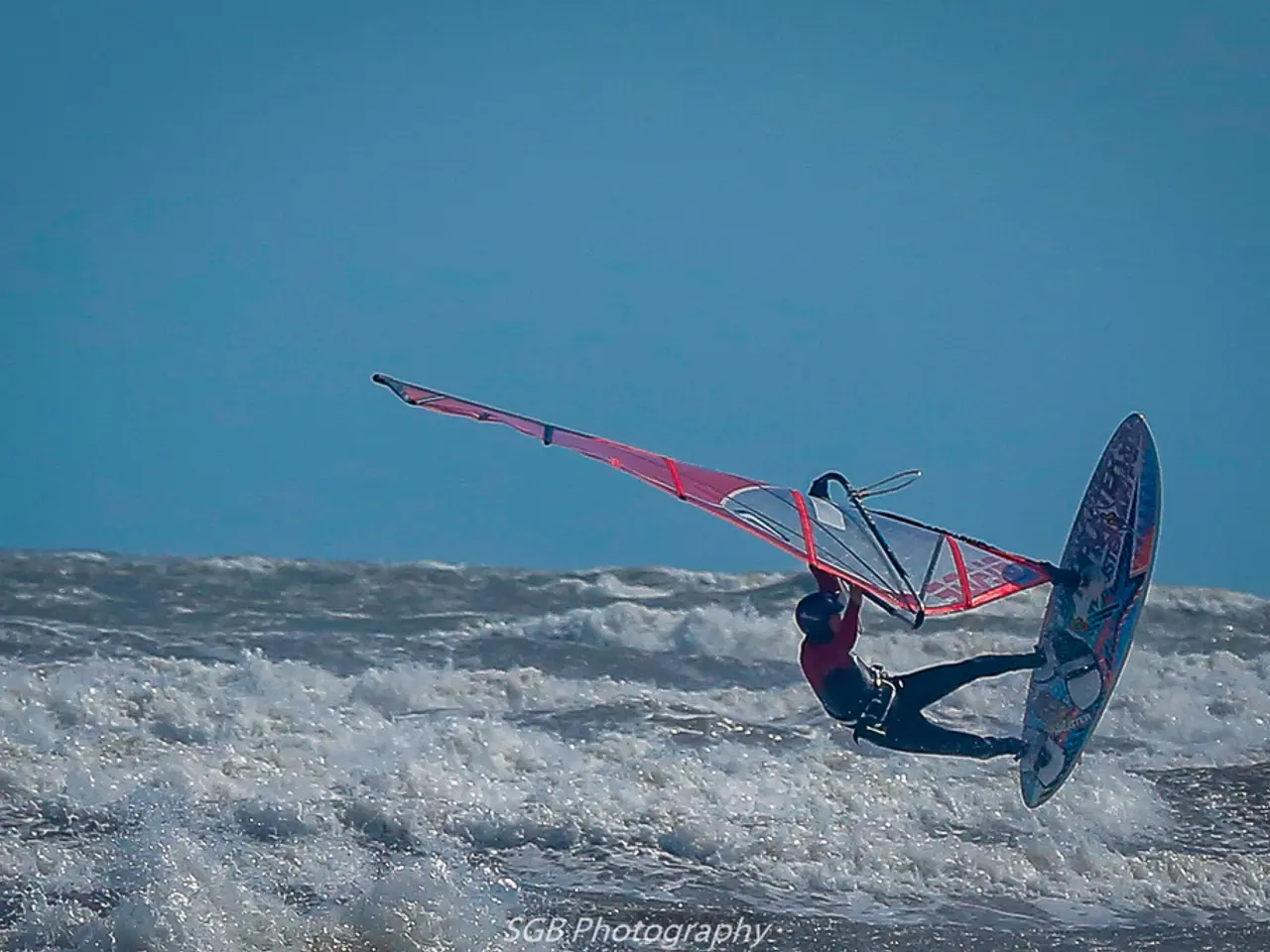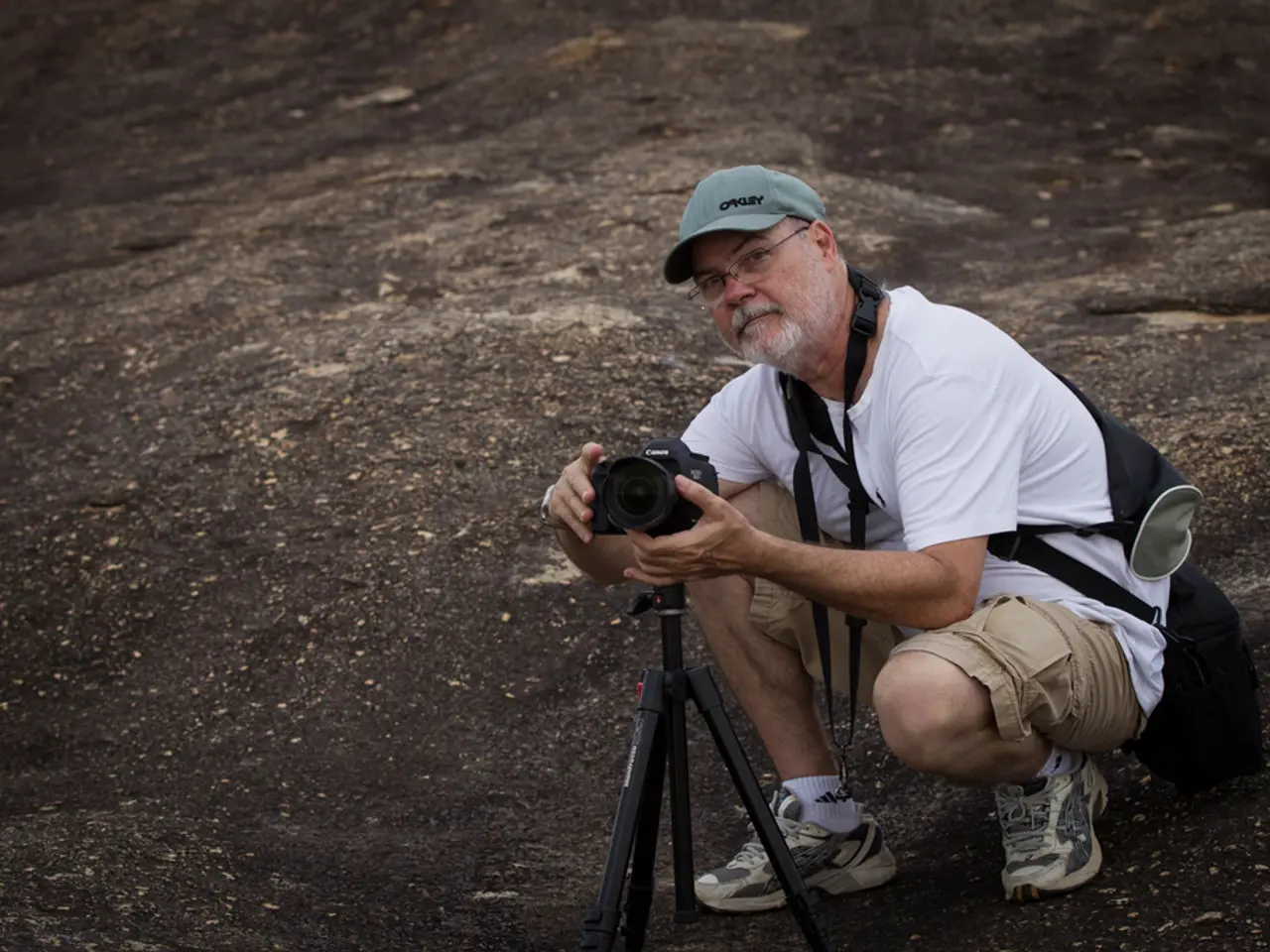Experiments on Microgravity: Group Captain Shubhanshu Shukla Tests Crop Seeds and Microalgae on Board the International Space Station
The Axiom Mission 4 (Ax-4) crew, including Group Captain Shubhanshu Shukla, Commander Peggy Whitson, Slawosz "Suave" Uznanski-Wisniewski, and Tibor Kapu, has successfully docked at the International Space Station (ISS) ahead of schedule on June 26. The crew, launched aboard SpaceX's Falcon 9 rocket, is conducting a broad range of scientific experiments focusing on microgravity research, technology demonstrations, and human health studies.
Group Captain Shukla, the Mission Pilot on the Ax-4, has been pivotal in advancing microgravity biology and agricultural sustainability experiments. One of his key contributions is the study of microgravity's effects on cyanobacteria, crucial photosynthetic microorganisms for life support systems in space. He conducted centrifugation and imaging of two strains of cyanobacteria to investigate how microgravity influences their growth, cellular behavior, and biochemical processes.
Another significant project Shukla leads is the Space Microalgae Study, which investigates microalgae's ability to produce food, oxygen, and biofuels. Microalgae's resilience makes them promising candidates for supporting human life on extended space expeditions. Shukla redeployed culture bags for these experiments.
In collaboration with the Indian Space Research Organisation (ISRO), the Department of Biotechnology (DBT), and NASA, Shukla is also conducting experiments examining the germination, growth, and nutritional qualities of fenugreek and moong seeds under microgravity. This work addresses how plants adapt at the cellular level in space, fundamental for developing sustainable food production systems beyond Earth.
Shukla is also involved in experiments related to bone health and radiation exposure, critical for maintaining astronaut health on long missions. He took images of sprouting seeds in petri dishes to document and analyze plant development in space conditions, contributing further data for agricultural research.
In addition to his plant and microgravity research, Shukla and the entire Ax-4 crew participate in studies on mental health (AstroMentalHealth), neuromuscular stimulation to counteract muscle loss in weightlessness, and technology demonstrations to improve astronaut well-being and mission efficiency.
Overall, Shukla’s efforts are central to understanding how biological systems can be sustained in space, with a focus on microgravity's impact on microorganisms and plants, which could serve as renewable sources of food, oxygen, and fuel for the future of space exploration and benefit Earth-bound agricultural practices. His work exemplifies international collaboration and contributes to preparing humanity for long-duration missions such as interplanetary travel.
- Group Captain Shukla's research on cyanobacteria's behavior in microgravity is crucial for understanding life support systems in space.
- The Space Microalgae Study, led by Shukla, explores microalgae's potential as a source of food, oxygen, and biofuels for extended space expeditions.
- Shukla's experiments with fenugreek and moong seeds under microgravity, in collaboration with ISRO, DBT, and NASA, aim to develop sustainable food production systems beyond Earth.
- Besides plant and microgravity research, Shukla is also involved in studies on bone health and radiation exposure, focusing on maintaining astronaut health during long missions.
- Shukla's work on biological systems in space, particularly microorganisms and plants, serves a dual purpose: not only for future space exploration but also for enhancing Earth-bound agricultural practices.




